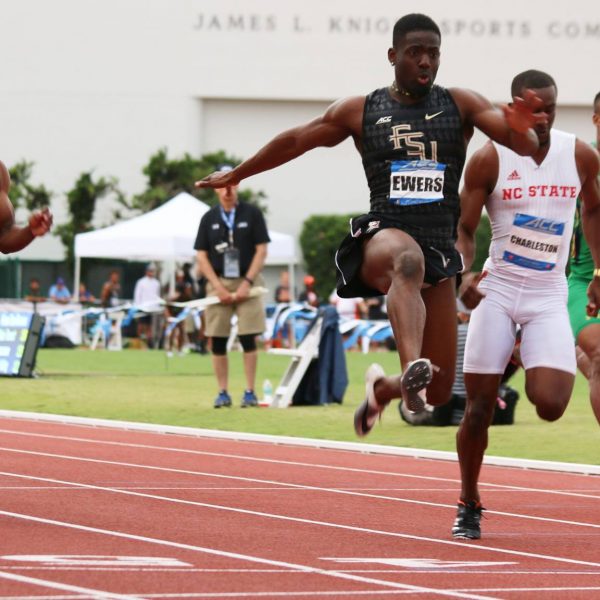
By Nicholas Hessing
College challenges students to structure their time and develop multi-tasking skills. Among courses, extra curriculars, family, athletics, and social engagements, student athletes can feel overwhelmed, subsequently neglecting some of their tasks to meet others. Tutors can help student athletes to manage their academic responsibilities by working with them to design a study plan and holding them accountable.
I am ashamed to admit it, but I have spent a few too many nights in Strozier cramming for an exam I had the next day. A week later I would receive my score ultimately dissatisfied because I knew if I had only studied an hour a day I would have earned a much higher grade, not to mention saved myself a few more hours of sleep. Student athletes do not have the luxury to fill up on caffeine and pull last minute all-nighters; they are expected to perform both in the classroom and on the field. As a tutor you can mitigate their stress by keeping them focused on the final exam – the finish line.
During a tutoring session, regularly check in on your student’s progress and ask how they feel about upcoming assignments and exams. A tactic I often use with my student athletes is a bellringer. Prior to the start of the session I provide 3 questions for them to solve. We check the work and assess what needs to be reviewed and what is understood. We then review the missing concepts and add it to a running list of topics that can be improved. Invite your student to work independently on the list of concepts in addition to tutoring.
For courses that rely on lecture slides, I encourage students to build a continuous study guide and return to it each session. We review the lecture together as the student independently builds a study guide, adding important figures, terminology, and concepts. This is also advantageous because it helps the student to maintain active attention during the session. Following the session, students can then review the study guide and condense the material into one concise page. This strategy is especially timely during online courses because some professors allow for open note exams; students athletes can return their study guide and use the “Ctrl+F” feature to quickly locate the topic and narrow down on the correct answer. Please ensure the student athlete is given permission from their course supervisor to use the study guide for the exam.
Design a study plan tailored to your student’s schedule. When building a plan, ask questions like “How much time do you need to devote to this course to meet your goals?”, “What time of day do you have the availability and mental energy to study?”, “Where do you concentrate best and can you access that place during your preferred study time?” When your student feels involved in creating the schedule, they will feel more invested and committed to the plan. Regularly ask how their study plan is going, if it is too demanding or not demanding enough, and adjust accordingly.
